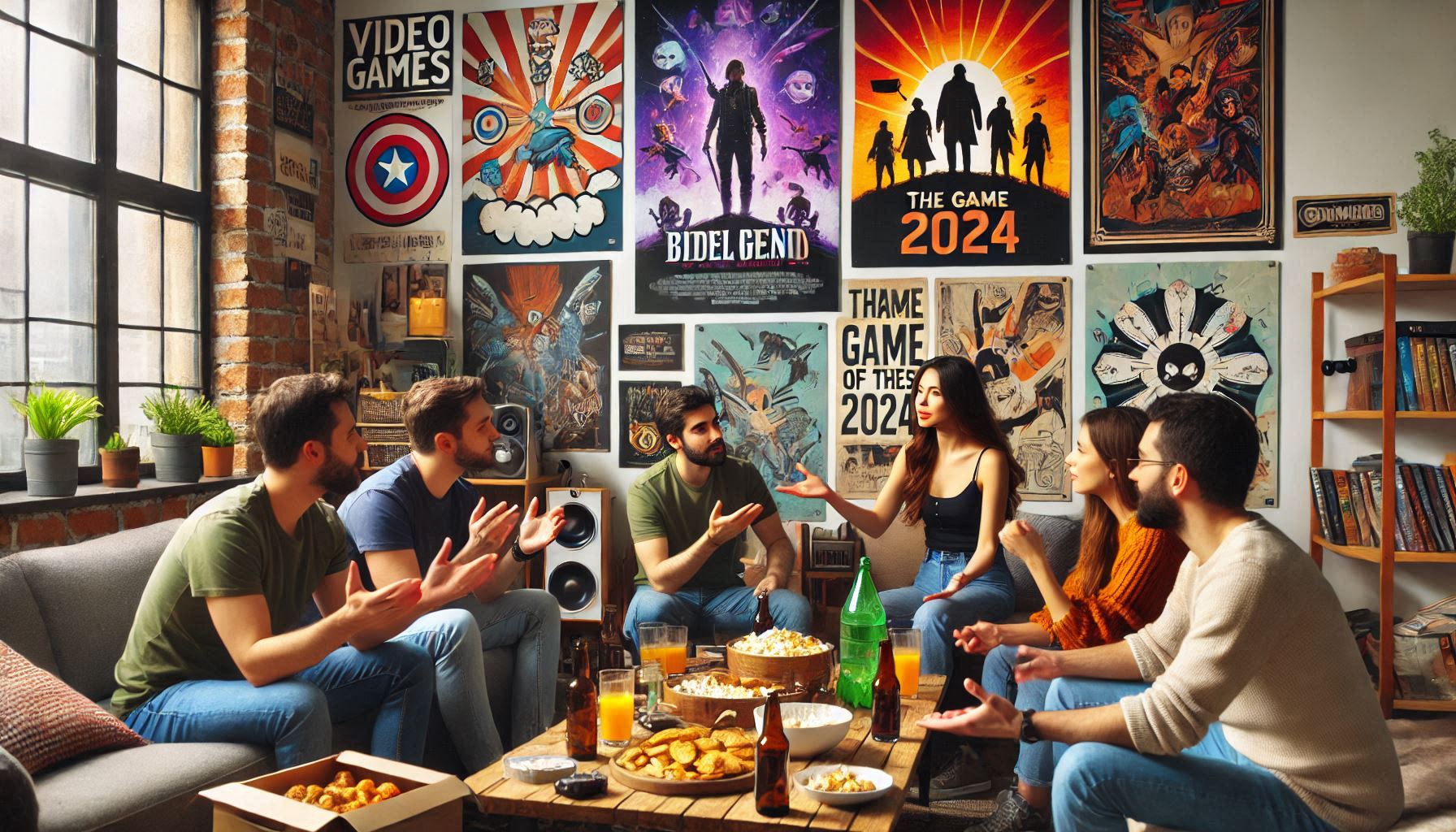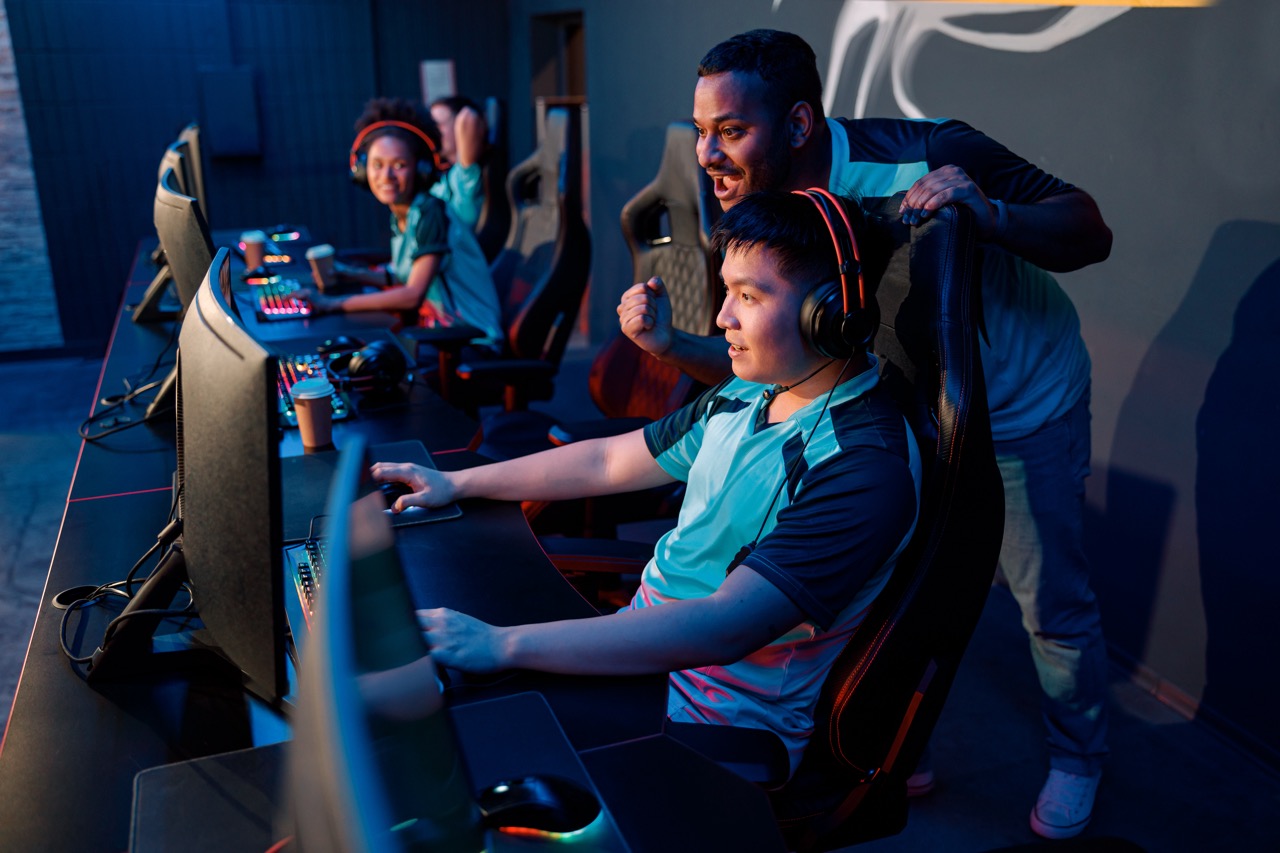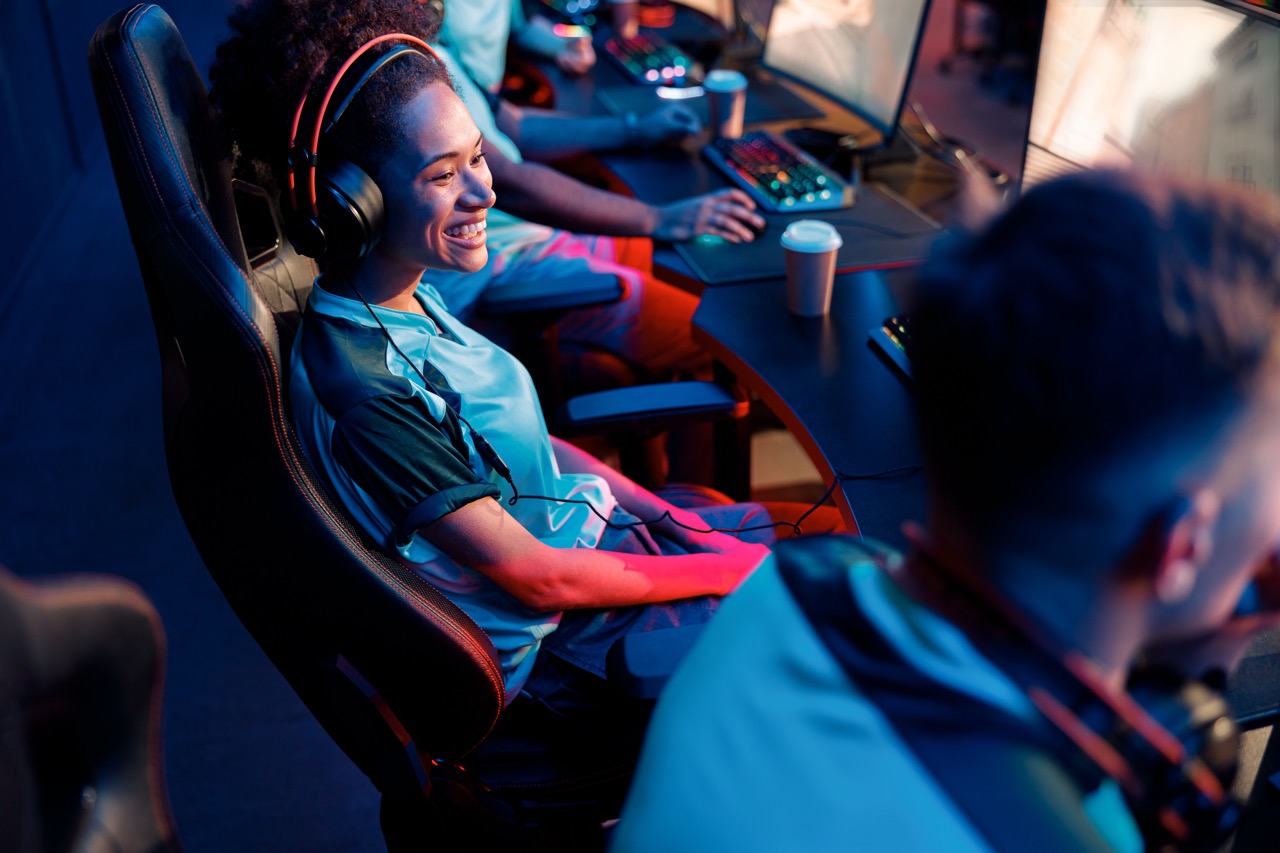The 2024 Game Awards delivered a moment of surprise and intense debate when Astro Bot, the beloved platformer developed by Team Asobi, walked away with the prestigious Game of the Year (GOTY) title. While many celebrated the win, others questioned whether it truly deserved the accolade over heavy-hitters like Black Myth: Wukong and Final Fantasy VII Rebirth. The aftermath of the announcement has sparked widespread discussions across the gaming community, shedding light on deeper questions about award criteria, audience expectations, and the evolving identity of modern video games.
The Triumph of Astro Bot: Why It Won
Astro Bot’s victory is a testament to its masterful design and universal appeal. Team Asobi crafted a platformer that is both deeply nostalgic and refreshingly innovative, leveraging the full capabilities of the PlayStation 5’s DualSense controller. The game’s vibrant aesthetic, clever level design, and accessibility to players of all skill levels made it stand out.
For casual gamers, Astro Bot provided an intuitive experience with straightforward mechanics and lighthearted fun. For more seasoned players, it delivered intricate challenges, optional high-difficulty levels, and rewarding collectibles hidden in complex environments. This blend of approachability and depth played a significant role in its widespread acclaim.
Moreover, Astro Bot served as a love letter to PlayStation’s history, featuring references, characters, and levels inspired by iconic franchises like God of War, Uncharted, and Horizon. This celebratory tone likely resonated with both long-time fans and newcomers, cementing its place in gaming history.
The Backlash: Why Some Gamers Disagree
Despite Astro Bot’s strengths, its win wasn’t without controversy. Many players and critics believed that other nominees, particularly Black Myth: Wukong, were more deserving. Black Myth, with its groundbreaking visuals, deep narrative, and cultural significance, had been widely viewed as a frontrunner. Its developer, Game Science, expressed disappointment, with producer Feng Ji publicly questioning the award selection process.
Another point of contention is the perception that Astro Bot played it safe. Critics argue that while it excels in charm and polish, it doesn’t push boundaries in the same way that its competitors did. This raises questions about the award’s criteria: Should accessibility and broad appeal outweigh technical innovation or narrative ambition?
The Broader Implications for the Industry
Astro Bot’s victory highlights an ongoing shift in the gaming industry toward accessibility and inclusivity. Games that are approachable for a wide demographic, from casual players to hardcore enthusiasts, seem to have a growing edge in award ceremonies. This trend suggests that studios may increasingly prioritize broad audience appeal without alienating dedicated fans.
Additionally, the controversy underscores the need for transparency in the selection processes of major awards. While The Game Awards has a blend of jury and audience votes, debates persist about whether the final decision reflects critical merit, commercial success, or a mix of both.
Community Reactions and Debates on Social Media
The announcement has sparked extensive debates across social media platforms, with Twitter (X) and Reddit becoming central hubs for discussion. On Twitter, hashtags like #AstroBotGOTY and #WukongDeservedBetter trended for days following the awards ceremony. Prominent gaming influencers weighed in on both sides, with some celebrating Astro Bot’s charm and broad appeal, while others argued that more ambitious titles were overlooked.
On Reddit, the discussion became even more intense, particularly in subreddits like r/The10thDentist and r/Games. Posts questioning the criteria for Game of the Year received thousands of upvotes, with lengthy comment chains debating whether awards should prioritize innovation or universal accessibility. Some users pointed out that Astro Bot’s appeal to casual gamers may have given it an edge in a voting system that blends jury scores with public input.
Memes and reaction GIFs flooded both platforms, highlighting the playful yet passionate way the gaming community processes these annual controversies. Whether through serious critique or humorous takes, social media has proven once again to be the frontline for gaming discourse.
The Ripple Effect on Player Engagement
Interestingly, the controversy surrounding the award has had measurable effects on player engagement. Black Myth: Wukong saw a noticeable spike in player numbers and social media mentions following the awards, as curiosity-driven gamers flocked to see what many considered the ‘true’ GOTY.
This phenomenon underscores how award controversies can drive visibility and engagement for both the winners and those who fell just short. Astro Bot, on the other hand, has enjoyed increased sales and a surge in positive user reviews, as many players discovered its charm for the first time.
The Legacy of Astro Bot’s GOTY Win
Regardless of the debates, Astro Bot’s victory solidifies its place in gaming history. Its success may inspire more developers to focus on striking a balance between accessibility and innovation. Meanwhile, the ongoing conversations surrounding its win reveal a deeper truth: awards are subjective, but their outcomes shape perceptions, future trends, and the gaming landscape as a whole.
In the end, whether you see Astro Bot’s win as a well-deserved celebration of creativity or a missed opportunity to honor a more groundbreaking title, one thing is clear: this debate has reaffirmed the passion and investment of the global gaming community. And that, perhaps, is the real win.
What are your thoughts on Astro Bot’s GOTY win? Share your opinion in the comments below!










